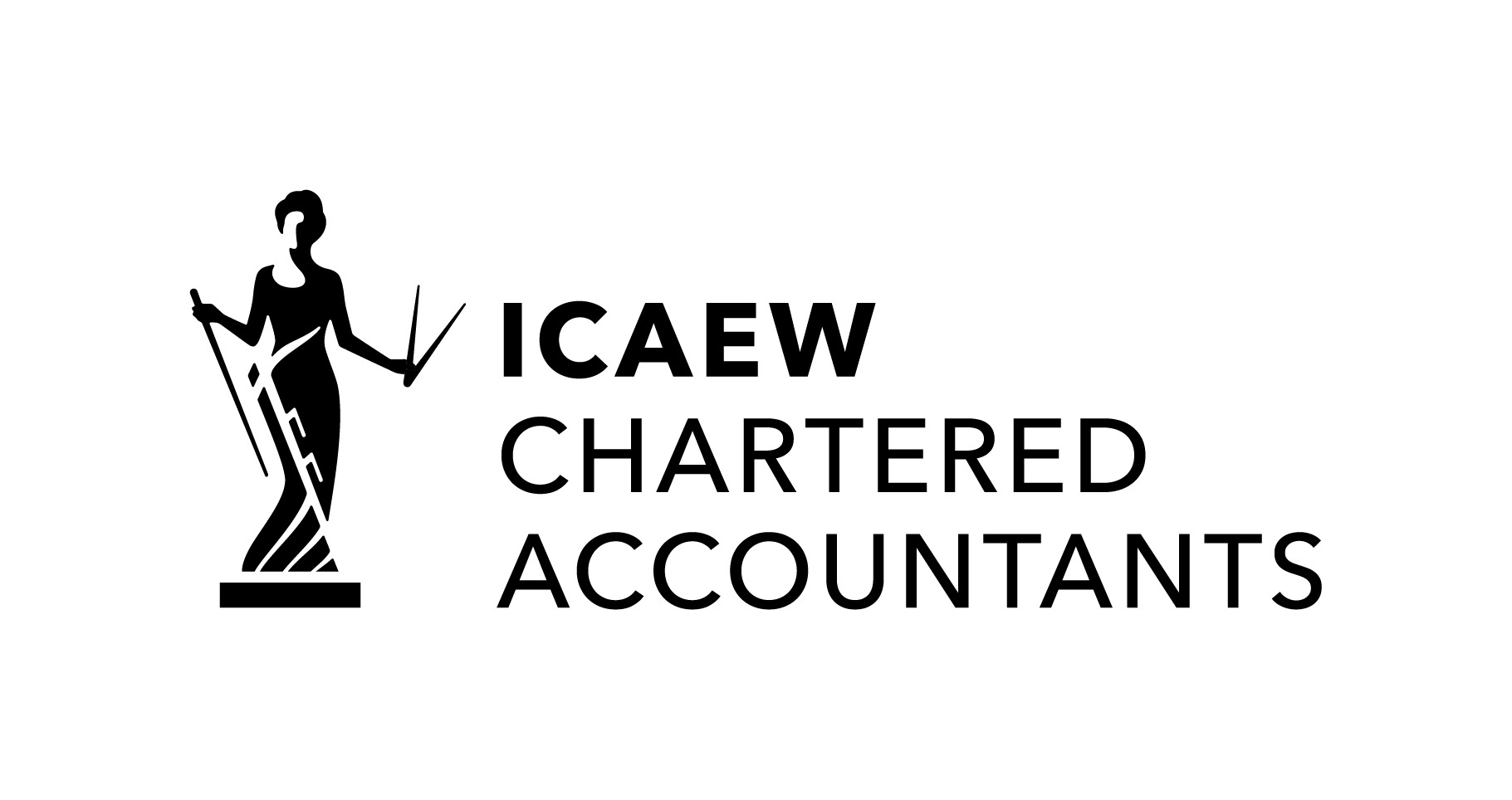Executor Services
What is an executor?
An executor is someone the person making the will has named to carry out the instructions contained within the will in the event of their death. Our Executor Services in South Wales will provide you with all the information you need to make the right choice when choosing an Executor for your Will.
Choosing executors for your will is often not an easy decision to make. There are many factors to consider, such as responsibility, ability, trustworthiness and age. In addition, how the executors interact is important. This can often be a daunting task.
We aim to make this choice as painless as possible with the best advice and planning to help you. If you feel uncomfortable with your options for choosing an executor, we will explore every avenue as part of our executor service and give you as much information as possible before you come to your final decision.
Roles of an Executor
An executor is your personal representative and is legally responsible for managing the deceased’s financial affairs, ensuring that all debts, taxes, and outstanding liabilities are settled. This includes applying for probate, a legal document which grants them the legal right to deal with the estate, including money, property, and other assets. The executor must act in the best interest of the beneficiaries and is accountable for accurately handling the estate accounts.
Estate Administration
Estate administration is a critical process that commences after an individual’s death, involving the meticulous management and settlement of their financial affairs. The appointed executor plays a pivotal role in this process, tasked with executing the instructions outlined in the deceased’s will and ensuring that all legal, financial, and tax-related responsibilities are met.
Initial Steps of Estate Management
Upon the individual’s death, the executor must secure an interim death certificate and locate the original will. They are responsible for notifying banks, building societies, and other relevant entities about the death. The executor must also calculate the estate’s value to assess any inheritance tax due and prepare to pay this tax using the funds from the estate or other sufficient sources.
Handling Assets and Liabilities
The executor oversees the collection of all the deceased’s assets and ensures all their debts are paid. This involves managing bank accounts, investments, and any life insurance policies. They may need to sell property or other assets to cover debts or taxes owed, including capital gains tax, income tax, and any outstanding inheritance tax. Specialist knowledge is often required to manage these financial tasks efficiently.
Distribution and Closing the Estate
Once all liabilities are settled, the executor is responsible for distributing the remaining assets per the will’s directives. This can involve transferring property owned by the deceased to the surviving partner or other family members, distributing money to beneficiaries, or handling specific bequests. Finally, the executor must prepare final estate accounts and obtain a grant of probate to close the estate, ensuring all legal and tax-related responsibilities have been fulfilled.
Professional Executor Services
When to Choose a Professional Executor
Choosing a professional executor can be crucial for ensuring the smooth administration of an estate, particularly in complex situations. If the estate involves substantial assets, overseas property, or potential disputes among beneficiaries, the expertise of a professional executor is invaluable. Additionally, estates that require specialist knowledge about inheritance tax, capital gains tax, or other financial affairs benefit significantly from professional management.
Professional executor services are also advisable when no suitable family member or friend can take on all the debts and legal responsibilities involved. This might be due to the lack of time, expertise, or willingness to deal with the estate. Furthermore, in cases where an estate includes a business or requires ongoing management over a prolonged period, a professional executor can provide the necessary continuity and expertise.
For those concerned about the potential for family conflict or if the will has complex conditions, a professional executor can act impartially, helping to mitigate tensions and ensure that the estate is administered according to the deceased’s wishes. Utilising a professional service ensures that all legal, tax, and administrative tasks are handled efficiently, reducing the burden on loved ones during a difficult time.
Legal and Financial Considerations
Inheritance Tax Implications
Inheritance tax (IHT) is a significant consideration in estate management, impacting how much of the estate can be passed on to beneficiaries. Executors are responsible for accurately valuing the estate, which includes property, money, possessions, and investments. They must ensure that the IHT form is correctly filled out and that any tax due is paid from the estate’s funds.
Executors must be aware of thresholds and allowances, such as the transferable nil-rate band between spouses or the residence nil-rate band, which can affect the total tax liability if you have to pay inheritance tax. Professional advice is often sought to navigate these complexities, ensuring that all available reliefs are applied and that the estate complies with HM Revenue and Customs regulations.
Trusts and Estate Planning
Trusts are a critical element of estate planning, offering a way to manage how assets are distributed to beneficiaries over time. They can be used to protect assets, control wealth distribution, and potentially reduce inheritance tax liabilities. Executors and trustees, as your personal representatives, must work together, especially when trusts are specified in the will or set up posthumously.
The responsibilities involved include managing and using sufficient funds, investing trust assets, ensuring legal and tax compliance, and acting in the best interest of the trust’s beneficiaries. When establishing or managing trusts, it is essential to have professional executors or trustees who possess the specialist knowledge and experience to deal with these complex legal structures efficiently.
Estate Distribution
Transferring Assets to Beneficiaries
The executor’s legal responsibility in transferring assets to beneficiaries is critical and must be handled with precision and care. Following the grant of probate, the executor is responsible for distributing the assets as stipulated in the will. This process includes transferring money, property, and possessions, ensuring that all financial affairs are settled, such as paying off outstanding debts and settling any owed taxes from the estate’s funds.
The executor must maintain clear and accurate estate accounts to show that all assets have been managed correctly and that beneficiaries receive their due inheritances without unnecessary delays.
The Role of Solicitors and Accountants
Solicitors and accountants are essential in supporting executors with the complex legal and financial aspects of estate distribution. Solicitors provide specialist knowledge in probate law, helping to navigate the legal documents and ensuring that all actions comply with the law.
On the other hand, accountants are crucial for managing the whole estate of the person’s tax responsibilities, such as calculating inheritance tax, capital gains tax, and income tax liabilities. Their expertise ensures that the estate is handled efficiently, potentially saving money for the estate and reducing the tax burden on beneficiaries. Together, solicitors and accountants help streamline the probate process, allowing executors to fulfil their duties effectively and with confidence.
Digital Considerations for Executors
In today’s digital age, executors must navigate both tangible and intangible assets, making the role increasingly complex. Understanding the deceased’s digital footprint is crucial for executors, including their online bank accounts, investments, and any digital currencies or assets they owned.
Additionally, social media accounts, bank accounts, and digital subscriptions need to be managed to prevent ongoing costs or misuse after the individual’s death. Executors must ensure they have access to all necessary digital information, often requiring the original will and death certificate to gain lawful access to these accounts.
Securing digital assets is also vital as these can hold significant monetary or sentimental value. This includes everything from photos stored on cloud services to intellectual property rights over digital content.
Executors must deal responsibly with these assets, ensuring they are transferred or closed according to the will’s stipulations. Professional executor services can offer specialist knowledge and support in handling these aspects, helping to navigate the legal and technical challenges involved, such as the need to apply for probate online or consulting with a digital estate planning expert to manage complex digital legacies effectively.
Managing Digital Assets
Managing digital assets is a critical aspect of modern estate administration that executors must address carefully and diligently.
Executors are responsible for identifying and securing all digital assets of the deceased, which can range from online bank accounts and digital wallets to social media profiles and digital libraries. It is essential for executors to gain access to these assets using legal documents such as the death certificate and the original will.
They must also ensure that digital assets are not only protected but also distributed according to the wishes of the deceased, as specified in the will. This process may involve complex negotiations with digital service providers and requires a deep understanding of both legal rights and digital policies.
Executors often find it beneficial to enlist professional executor services to navigate these challenges, ensuring that digital assets are handled efficiently and in compliance with all applicable laws and regulations.
Executor services advantages
We also offer the service of acting as executors to your will ourselves; there can be advantages in appointing professional executors. These include:
• Professional impartiality
• Expertise in dealing with probate and Inheritance tax
• Professional indemnity insurance
• Continuity – if you name a firm other than a person
• Reducing stress for close family members who otherwise would be named
Should you wish to explore this further, we would be pleased to discuss matters with you and assist you in finding a solution that removes any potential worry. With offices based in Cardiff, Bridgend and Pontyclun, we’ve helped people just like you across South Wales with our dedicated executor services, so why not contact us today to find out how we can help you too.
Frequently Asked Questions
What responsibilities does an executor have?
An executor has the crucial role of implementing the directives in a will after someone’s death. This includes securing the interim death certificate, locating and interpreting the will, and notifying banks and other entities of the death.
Executors must manage the deceased’s financial affairs meticulously, ensuring all debts, taxes, and outstanding liabilities are settled using estate funds. They are also responsible for assessing the value of the estate, applying for probate, and distributing the assets as specified in the will. Their actions must always reflect the best interests of the beneficiaries, maintaining transparency and accuracy in the estate’s accounts during the entire administration period.
What aspects should be considered when choosing an executor?
Choosing an executor involves evaluating various factors to ensure they can handle the responsibilities effectively. Key considerations include the individual’s responsibility, ability to deal with financial and legal matters, trustworthiness, the fee involved, and age to ensure they are likely to outlive the will maker.
If more than one is named, the dynamics between co-executors is also crucial as it affects how efficiently the estate matters will be resolved. Often, appointing a professional executor can be advantageous, particularly for complex estates, as they bring impartiality and expertise that other executors may not.
What actions are outside the scope of authority for an executor?
An executor’s authority is limited to the administration of the deceased’s estate as outlined in the will and under the law. They cannot alter the will’s provisions, benefit themselves at the estate’s expense, or disregard the legal claims of creditors and tax obligations.
Executors cannot distribute assets to beneficiaries until all debts and taxes are paid and the probate process is completed. Any actions that involve personal gain or conflict with the interests of the estate and its beneficiaries are considered beyond their scope of authority.
How does one appoint executor services via a solicitor?
To appoint executor services through a solicitor, one should first consult a legal professional specialising in wills and estate planning. The solicitor can help understand the specific needs of the estate and recommend whether a professional executor is suitable.
If choosing a professional executor service, the solicitor will draft the will or add a codicil to an existing will, specifying the appointment of the professional service as the executor. They will also guide you through the details of the service, including any fees involved, and ensure that all legal requirements are met to make the appointment valid. This process helps ensure that the estate will be managed professionally and according to the deceased’s wishes.
Wills and probate Cardiff
We’re excited to find out what we can do for you. Be it a dedicated service or a general inquiry, let’s chat and find out what the next steps are for you.



